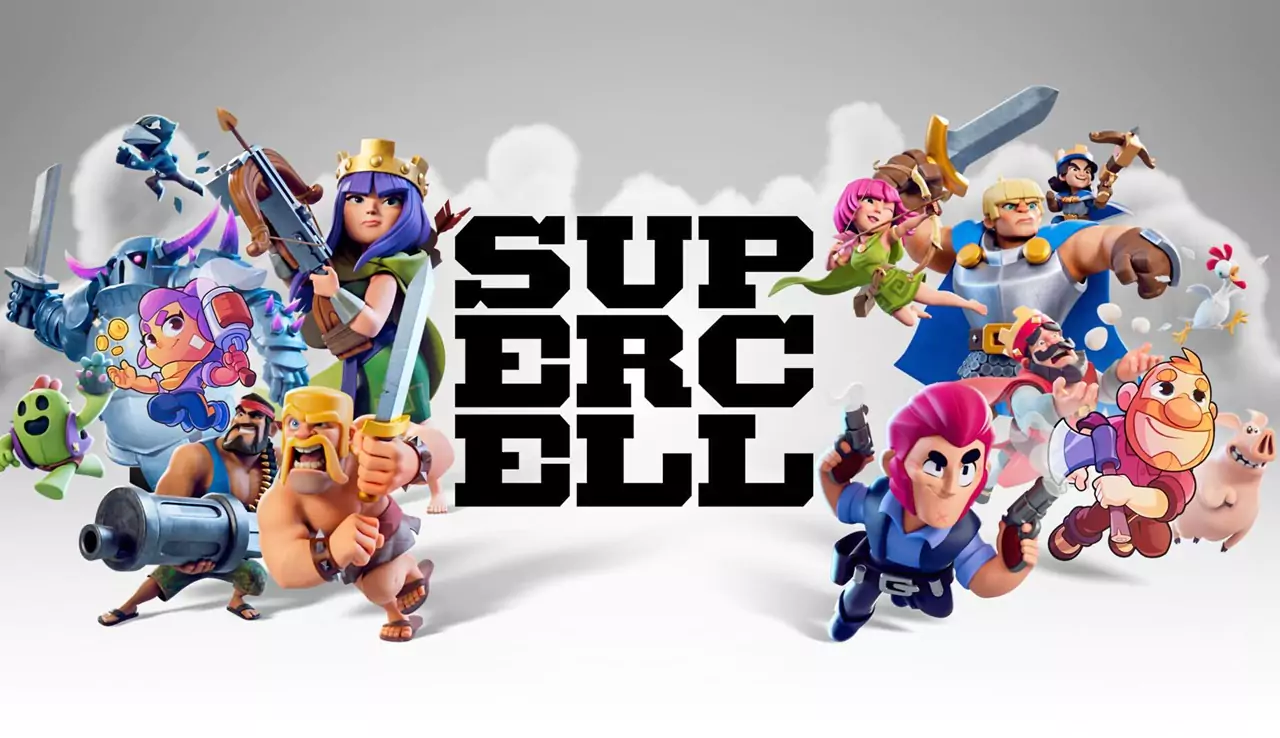Supercell, known for hits like Clash of Clans and Brawl Stars, has effectively split into two distinct operational entities. The company’s CEO, Ilkka Paananen, recently shared this insight during a conversation with Harvard Business School’s Jeffrey Rayport at the Slush conference. The split was driven by the realization that Supercell’s previous approach to managing both new game development and live game operations was no longer effective.
Paananen explained that despite Supercell’s past success, the company had not seen meaningful growth for several years. Meanwhile, the gaming market itself continued to expand, leading to Supercell gradually losing market share. Paananen warned that if this trend persisted for a decade, Supercell risked becoming irrelevant.
To address this issue, Paananen announced a structural shift during an off-site company meeting in September 2023. He emphasized that Supercell needed to excel at two core tasks: creating successful new games and improving existing live games.
The first team, referred to as the ‘old Supercell,’ focuses on developing new games. These teams operate like agile startups, embracing a culture of innovation, creativity, and risk-taking. They work with small, flexible groups, emphasizing experimentation and quick decision-making. This setup mirrors Supercell’s traditional philosophy, which has historically led to successful game launches.
On the other hand, the second team, known as the ‘new Supercell,’ is responsible for managing live games. These teams operate more like mature businesses, focusing on scalability, structure, and long-term sustainability. They are larger, more systematic, and equipped with middle management to ensure processes run smoothly. This shift allows live game teams to focus on consistent updates, player engagement, and delivering high-quality content over time.
Paananen acknowledged that these changes were challenging and pushed the company out of its comfort zone. However, he emphasized that placing players’ interests first required embracing this new approach.
Source: Harvard Business School Interview at Slush Conference

